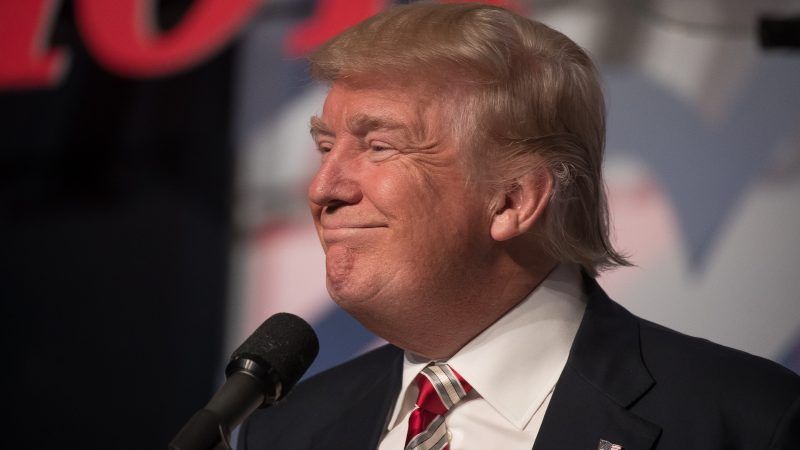Polls Say Biden, Bernie Could Beat Trump. Should You Believe Them?
Here's six reasons why early 2020 polls are likely underestimating Trump's strengths and overestimating his opponents'

Recent polls showing Joseph Biden or even Bernie Sanders defeating Donald Trump in a general election are understating Trump's true strength.
For example, an Emerson College poll released April 15 had Biden beating Trump, 53 percent to 47 percent, and Sanders beating Trump, 51 percent to 48 percent. A Morning Consult Politico poll released April 24 had Biden at 42 percent and Trump at 34 percent. A Hill HarrisX survey released April 26 had Biden at 43 percent and Trump at 37 percent.
These polls are misleading in at least six ways.
First, the presidency is decided on the basis of the electoral vote, not a nationwide popular vote. Trump lost the popular vote in 2016 and won the presidency anyway, because of the way his votes were distributed in the various states. It'd be risky for Trump to count on a repeat of that feat, which is unusual but not unprecedented. But polls of battleground states, or swing states, can be more useful predictors than nationwide surveys.
Second, these head-to-head polls, unlike battleground state ballots, don't include third party or minor party candidates. Such general-election efforts by candidates such as Jill Stein, Ralph Nader, and Ross Perot all were arguably significant factors in tight presidential elections in recent years. Starbucks coffee entrepreneur Howard Schultz has the money to be a factor this time around, though his campaign so far has been less than impressive.
Third, as "little Marco" Rubio and "Lyin' Ted" Cruz can attest, Trump has considerable skill at defining an opposing candidate memorably and early. Senator Elizabeth Warren is still trying to recover from Trump's description of her as Pocahontas, or Fauxcahontas, and Trump has even publicly regretted not saving it for later, maybe after she won the Democratic nomination. This week, after the polls were taken, Trump was tweeting about "Sleepy Joe" Biden. He's also testing "Crazy Bernie Sanders." Expect to hear more such nicknames, or insults, between now and Election Day.
Fourth, Trump's own negative campaigning will be, well before the time the actual election rolls around, supplemented by independent expenditures that that emphasize the worst aspects of his opponent. Remember the way Swift Boat Veterans For Truth took John Kerry's Vietnam War experience and turned it into a negative in the minds of some voters, or at least raised doubts about his own portrayal of that experience? Look forward to what the Trump campaign's allies do with Biden's "handsy" reputation or with Biden's record as an opponent of federal intervention in integration cases involving school busing.
Fifth, as the cumulative experience of polling Brexit, the 2016 Trump campaign, and Benjamin Netanyahu's 2019 election victory demonstrate, nationalists or conservatives or populists or whatever you want to call them tend not to be terribly eager to cooperate with pollsters. The pollsters tend to work for either universities or elite media outlets that the nationalists or conservatives or populists or whatever you want to call them view, with at least some justification, as irredeemably biased against them. The pollsters can try to use technical methods such as oversampling or weighting to correct for this sort of thing, but at bottom, if a Trump voter wants to tell a pollster over the telephone that he is actually a die-hard Elizabeth Warren fan, there's not much the pollster can do to avoid being misled.
Sixth, these races are susceptible to last-minute, event-based swings—the financial crisis in 2008, the James Comey statements about Hillary Clinton in 2016—that are impossible to predict this far in advance. These swings could work in favor of Trump or against him. It's hard, though, to imagine Trump getting worse press coverage than he already has, so late surprises could well hurt his Democratic challenger.
Given all of that, why pay any attention at all at this stage? It's a reasonable question. The colleges and news organizations are investing money in these polls in part on the basis that we readers are curious enough to click through. For better or worse, we all get the journalism, and the politicians, that we deserve.
Ira Stoll is editor of FutureOfCapitalism.com and author of JFK, Conservative.


Show Comments (105)